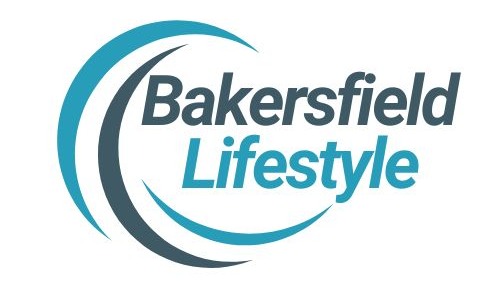
Understanding Kaiser’s Decision on Gender-Affirming Surgeries
In a significant move that has caused waves across the community, Kaiser Permanente announced it will halt gender-affirming surgeries for its members. This decision has left many individuals and families who rely on these services grappling with uncertainty about their healthcare needs. For the trans community in the Bakersfield area, this is not just a healthcare issue; it's a matter of identity, dignity, and access to necessary medical care.
The Importance of Gender-Affirming Surgeries
Gender-affirming surgeries, which include procedures such as breast augmentation, facial feminization, and genital surgery, play a crucial role in helping transgender individuals align their physical bodies with their gender identity. These surgeries can significantly improve the mental health and well-being of patients, reducing rates of anxiety and depression, according to various studies.
Many individuals in Bakersfield report that these surgeries are not merely cosmetic; they are vital aspects of their transition. As the local LGBTQ+ community organizations emphasize, access to appropriate medical care fosters a sense of belonging and acceptance.
Community Reactions to the Policy Change
The reaction from the Bakersfield community has been one of shock and disappointment. Local advocacy groups are rallying to support those impacted, urging Kaiser to reconsider. Supporters emphasize that halting these surgeries could push individuals towards unsafe alternatives, risking their health and safety.
Furthermore, some patients are voicing their concerns about feeling marginalised and ignored by a healthcare system that was supposed to provide support and care during their transition. Activists are emphasizing that access to comprehensive care should never be optional, and the community deserves clear communication from health providers like Kaiser.
Why This Delay Matters
As Kaiser decides to pause these crucial surgeries, it raises larger questions about healthcare equity. Access to healthcare services, especially for marginalized communities, is a topic that resonates deeply with many people in Bakersfield. It's a reminder that the journey towards equitable healthcare is ongoing and that substantial barriers still exist.
This disruption in services may push individuals in crisis to seek help elsewhere or abandon their transition journeys altogether. Hence, it is imperative for community members to engage in dialogues about healthcare rights and advocate for continuous support.
Future Implications of Kaiser’s Policy
Looking ahead, Kaiser’s decision may have long-lasting implications not just for its members but also for the broader discussion on healthcare rights and inclusion. Should Kaiser fail to provide a clear timeline for reinstating these surgeries, it may be forced to confront reputational damage among its patient base.
Healthcare experts stress that the healthcare community needs to adapt to the needs of diverse populations, ideally serving as a model for how medical institutions can operate equitably and inclusively.
What Comes Next?
As Kaiser navigates this contentious decision, the solution begins with open conversations. Local community leaders are calling for a town hall meeting where patients, healthcare professionals, and advocates can openly discuss the next steps regarding gender-affirming care. The importance of sharing personal stories and experiences cannot be overstated and can lead to a better understanding of the urgency of this situation.
Now more than ever, it is crucial for the community to mobilise and voice their needs. Those who are interested in supporting the local LGBTQ+ community can reach out, participate in advocacy efforts, and ensure that individuals' voices are heard through this challenging time.
 Add Row
Add Row  Add
Add 



Write A Comment